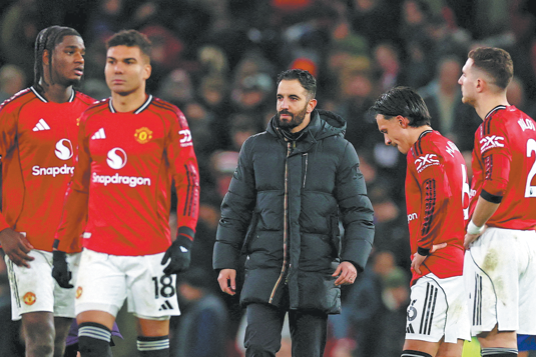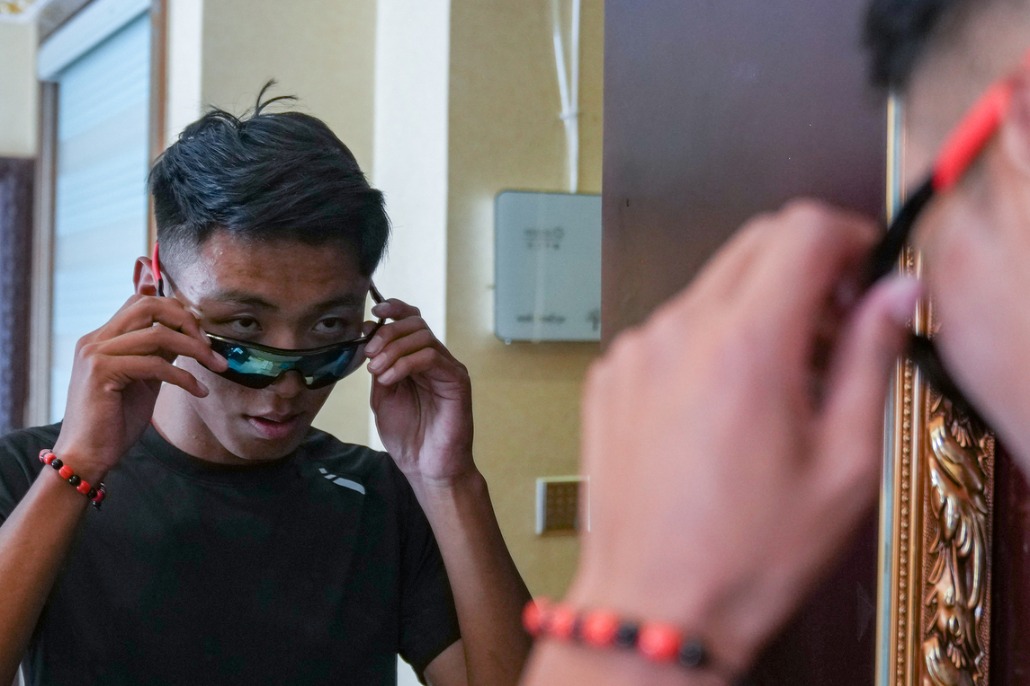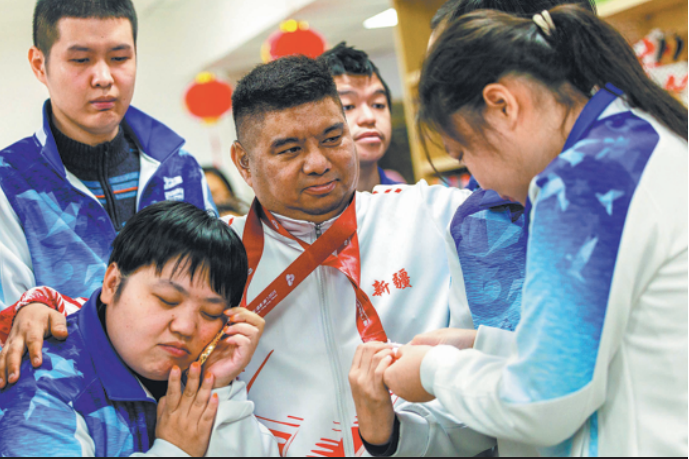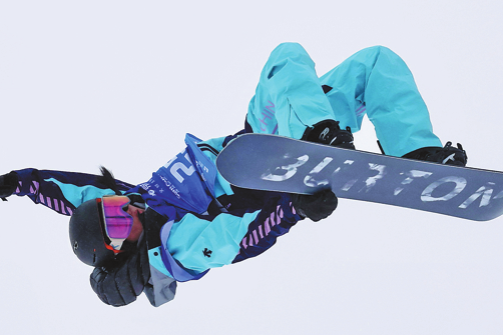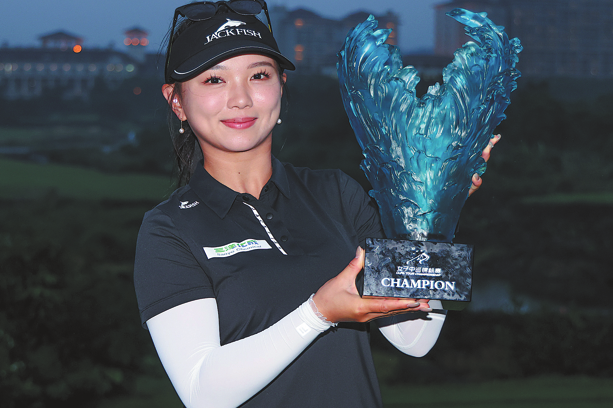Time for Team China to reassess its goals
Woeful campaign raises questions about the sport's future direction

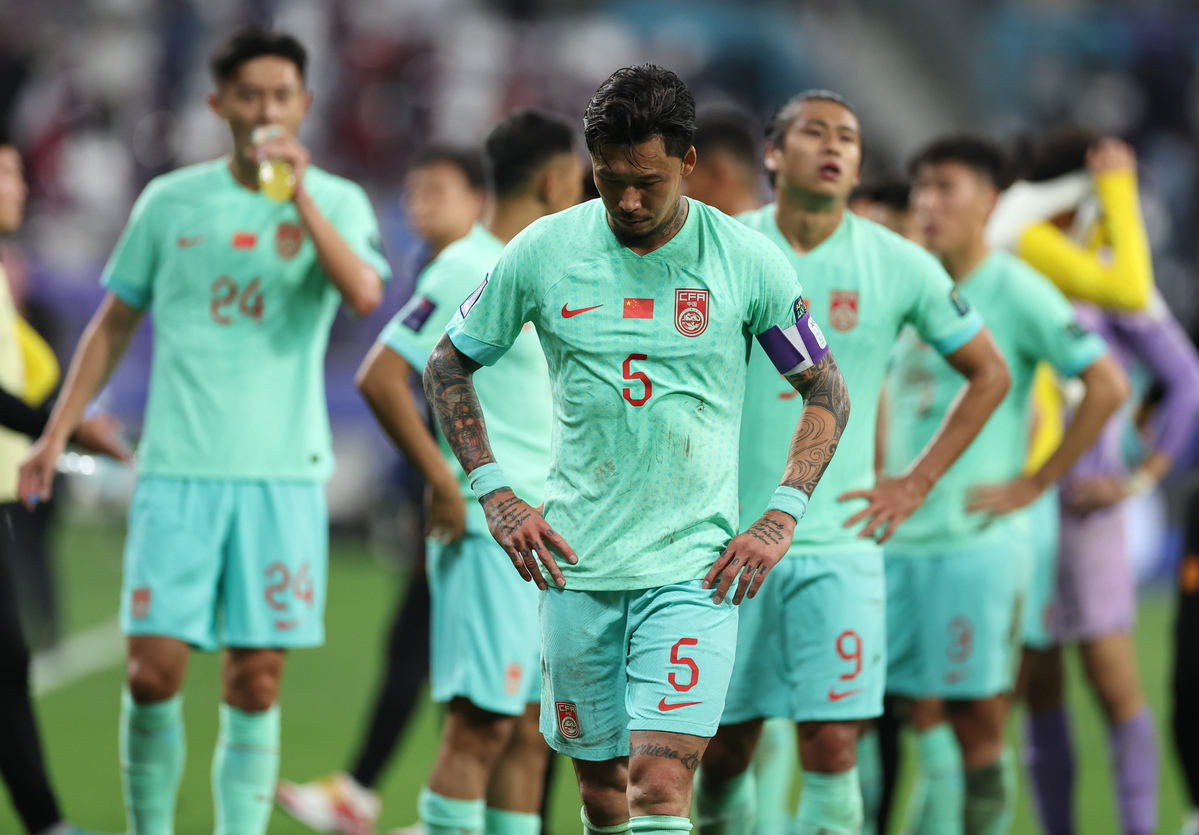
Scoreless, winless and almost hopeless.
Team China's disappointing Asian Cup campaign has further burnished Chinese soccer's unwanted image as a perpetual underachiever, while the country's soccer revival project struggles on all fronts.
Forget about the World Cup dreams. Forget about the short-lived, cash-propelled continental club titles. It's time to wake up to the harsh, yet undeniable, reality-Chinese men's soccer simply doesn't have what it takes to even be competitive in Asia. Exposed by its frustrating group-stage performances at the Asian Cup in Qatar, again, the team was left with only a theoretical chance to stay in the tournament.
Following two 0-0 draws against Tajikistan and Lebanon last week, Team China was beaten 1-0 by host Qatar on Monday in its final Group A match, which has pushed it to the brink of elimination, finishing third in the table with only two points from three games.
As a two-time runner-up (1984,2004) at the Asian Cup, Team China has failed to find the net in all matches for the first time at the tournament since its debut in 1976, having almost certainly finished the worst result in its history at the tournament, despite still being "mathematically alive".
Now, the team has to wait for results from other groups, hoping to squeeze into the round of 16 as one of four best third-placed sides.
With fans fuming at the team's conservative play against a host side that had already qualified for the last 16 and rested nine starters on Monday, China's head coach Aleksandar Jankovic justified the team's blunt performance.
"In the three games we played here, a lot of chances were missed in every game," Jankovic, who was appointed China's head coach in February 2023, said at the post-match news conference.
"We are disappointed, we expected more ... we deserved more, but football without goals is not football, and you can't expect big results if you don't score goals."
After a slow start in the first half, Qatar broke the deadlock in the 66th minute when Hassan Al-Haydos volleyed home a corner from Akram Afif in a spectacular fashion to draw thunderous cheers from the packed Khalifa International Stadium. Both players had just been subbed onto the pitch.
China fluffed its best chance in the 36th minute, when reserve forward Wei Shihao's close-range shot was denied by Qatari goalkeeper Saad Al Sheeb. In injury time of the first half, left wing Lin Liangming and Wei unleashed two consecutive strikes, both of which went slightly off target.
"At this moment we are not lucky to score, but this is something very important for the future," said Jankovic. "I'm sure that the moment will come when all these balls will go in."
Wei, however, did not mince words about the team's performance.
"We just played terribly, no excuse at all," said Wei, who started on Monday for the first time in Qatar, replacing Team China's talisman Wu Lei.
"Everyone is improving (in Asia), while we are the only one that stays put."
Wu, who used to play in the Spanish La Liga with Espanyol, agreed, adding that it's time for an overhaul from the bottom up.
"We have a lot of catching up to do in every aspect of the game," he said. "The overall level of Asian soccer is rising, and the gap between strong nations and underdogs is closing."
"Teams we'd once expect to get easy wins against are now improving individually and collectively, leaving us behind."
Set up to fail
Team China's lackluster Asian Cup outing has drawn criticism for head coach Jankovic, prompting a petition from fans and commentators alike to fire the 51-year-old Serbian and replace him with a bigger name with greater prestige.
"I'm never focused on personal questions. I've been in China for almost six years, I've prepared one generation, the next generation for Chinese football also ... I'm focused on giving, not receiving, trying to do my best and not to have regrets," Jankovic, who coached China's under-23 team before taking over the senior side, responded when asked about his future.
Next up for Jankovic, should he stay, will be two 2026 FIFA World Cup qualifiers against Singapore away on March 21 and the return fixture at home five days later.
Will the same pattern of China missing out on the all-important FIFA tournament and then firing the coach as a scapegoat repeat itself? Highly possible. Will it make a difference? probably not. Even Italy's World Cup-winning manager Marcello Lippi couldn't even turn Team China's fortunes around, failing to qualify the 2022 World Cup before being given the boot.
Stagnant talent development, incapable administration affected by corruption and a lack of competition in the domestic league are real issues that need to be addressed with patience and commitment, before international breakthroughs can be expected again, according to former players and pundits alike.
"One of the biggest problems is our declining youth training programs at all levels," said Sun Wen, a former women's legend and a vice-president of Chinese Football Association.
"It takes consistent efforts from talent scouting, to junior development and training of coaches. We shall keep working at the grassroots without asking for instant results. If our generation is not enough, the next generation might be," said Sun, who was named FIFA Female Player of the Century in 2000 together with Michelle Akers.
To strengthen the youth foundation, the new CFA leadership, led by president Song Kai, has also promised to tilt its revenue distribution toward youth training programs at all levels.
According to a CFA financial report released in October, 46.05 million yuan ($6.29 million), less than 8 percent of its annual revenue, was spent on youth training and competitions in 2022, a drop of 60 million yuan from 2021.
To stimulate the competitive instincts of homegrown stars, the top-flight Chinese Super League should also reconsider its current limit on imported players to allow more foreigners to vie with local players for minutes in the domestic league, reckons Song.
sunxiaochen@chinadaily.com.cn
















